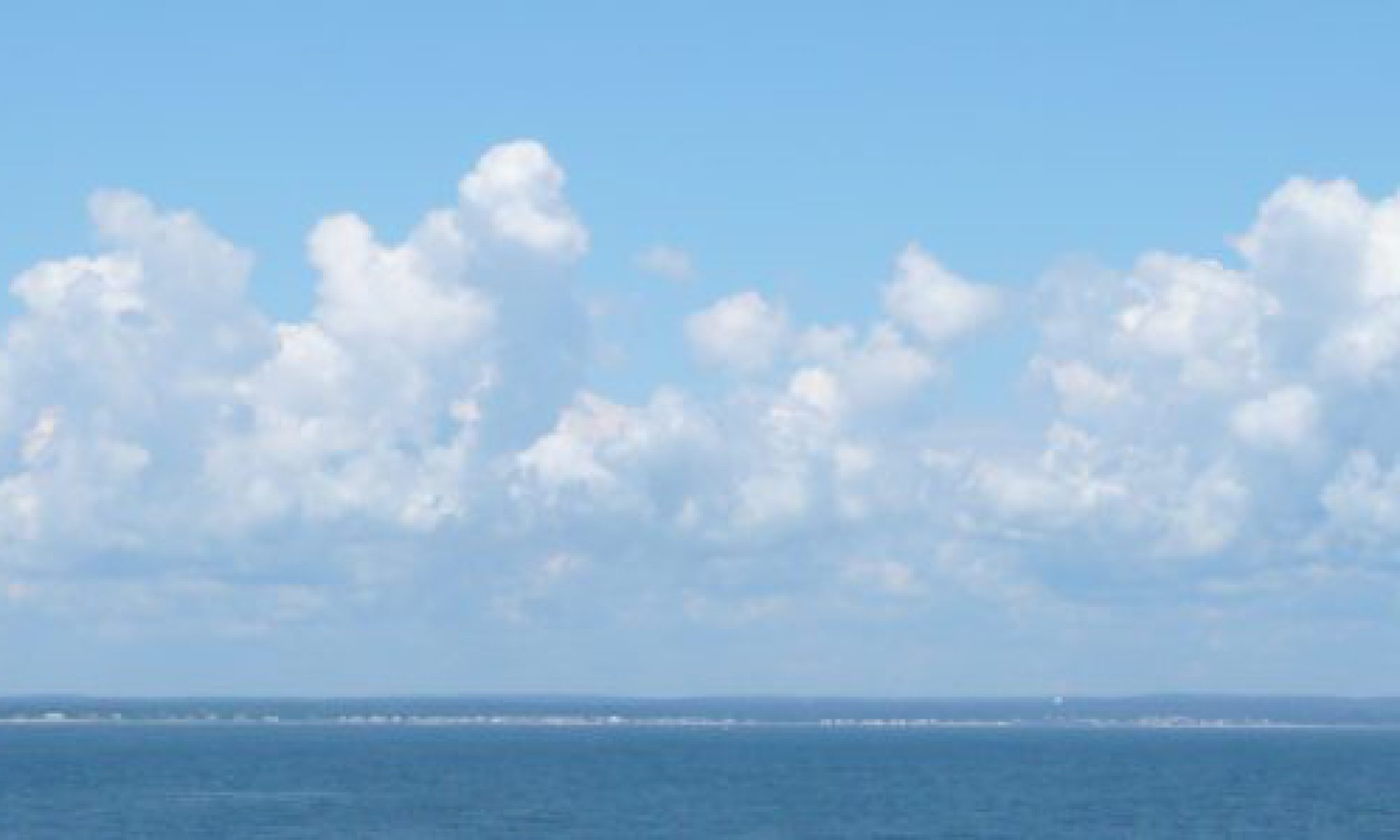Our family saw “Fela” on Broadway last weekend: a remarkable musical that depicts the life of Nigerian political dissident and Afro-Beat musician Fela Anikulapo-Kuti. With ears acutely tuned to interfaith themes by now, my 15 and 12-year-old children remarked on a climactic scene in which Fela evokes many gods, or God by many names, including Allah, and the Yoruba spirits such as Shango. “It was interesting, Mom, because he wasn’t just being politically correct by naming them all, he lived with them all,” one of the kids remarked.
The idea of “being both” has a long tradition in Africa, where Christianity and Islam joined but never completely supplanted original African religions. Fela, the son and grandson of Protestant ministers, wrote blistering critiques of the imported religions of the colonial oppressors. As South African Anglican Archbishop Desmond Tutu said, “When the missionaries came to Africa they had the Bible and we had the land. They said “Let us pray.” We closed our eyes. When we opened them we had the Bible and they had the land.” Fela grew up in a Nigeria wracked by war between Christians and Muslims in the state of Biafra; violence between Christians and Muslims continues in Nigeria today. Fela would sneak out of his parents’ middle-class Christian home to attend traditional Yoruba ceremonies, and he reclaimed and reformulated this African religion for himself, filtering it through his experiences with the American black pride movement, and then transmitting it to the world in his music.
Listening to the powerful evocations of Shango, Egungun and Yemeja in the Broadway show, it was hard to keep my mind off of Haiti, since these Yoruba spirits also live on, fused with Catholic saints, in Haitian Vodou. At the end of the play, Fela delivers his mother’s coffin to the Nigerian military to protest their attack on his compound, and the cast members file on stage carrying small coffins. It was my children who noticed that one coffin, presumably in the last two weeks since the earthquake, had been marked “Haiti.”
Journalist Susan Katz Miller is an interfaith families speaker, consultant, and coach, and author of Being Both: Embracing Two Religions in One Interfaith Family (2015), and The Interfaith Family Journal (2019). Follow her on twitter @susankatzmiller.




I’m thrilled that this post was featured on the official “Fela!” on Broadway news roundup for January 27 (http://www.felaonbroadway.com/news.php)! Maybe the show’s producers, Jay-Z, and Will and Jada Pinkett Smith are reading my blog now. I have huge admiration for them because they took this Off-Broadway production and helped to bring it to Broadway. What a gorgeous thing to do with your entertainment fortune.
I neglected to mention in this post that I saw Fela himself with his Egypt 80 band in NYC in the 1980s. My husband and I have been Felaheads for decades. As a result, I was somewhat skeptical about a Broadway production starring a “Fela imitator.” But the show blew us away. The choreography by Bill T. Jones could not have been better. The lead (in this case, Kevin Mambo–I would love to see it again with the alternate Fela) channeled Fela and transported us all. The Brooklyn band Antibalas (playing Fela’s band) was in the groove. (My son remarked–“Hey, they’re mostly white guys, just like Chopteeth!” Chopteeth is the DC-area Afro-Beat band, our favorite local band). Anyway, go see this show, folks.
Interesting article, loved the Tutu quote.
Please though be aware that Haitian Vodou comes mostly from the Fon/Ewe people of Benin not the Yoruba.
There is a court/section within Haitian Vodou called the Nasyon Nago (Nago Nation) involving the Yoruba orishas.
Great article!